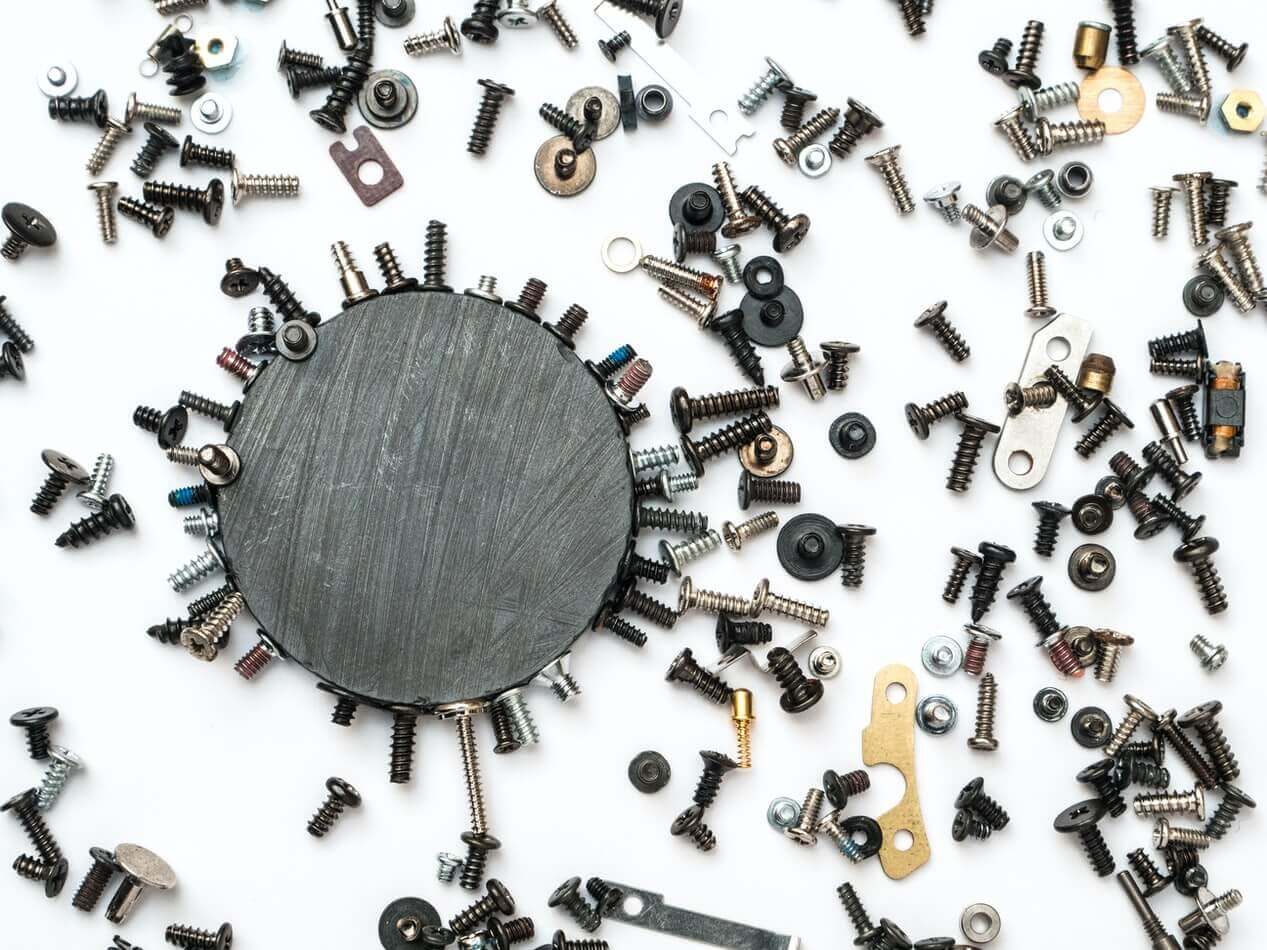No desired page
No expected subpage

Unfortunately, the page you are looking for could not be found.
The URL might be incorrect or the page may have been moved.
For further assistance, you can:
- go to the homepage and navigate to the desired magnetic category,
- use the search function to find the resource you are interested in
- visit the price list page, where you will find our entire offer, which you can also print out
- contact us through the contact form on the contact page or call us at +48 22 499 98 98.
Thank you for choosing our company.
IP: 216.73.216.85
Hunting for a discount?
Pick up the phone and ask +48 22 499 98 98 if you prefer contact us through contact form the contact page.
Parameters and appearance of neodymium magnets can be checked using our magnetic mass calculator..
Same-day processing for orders placed before 14:00.

